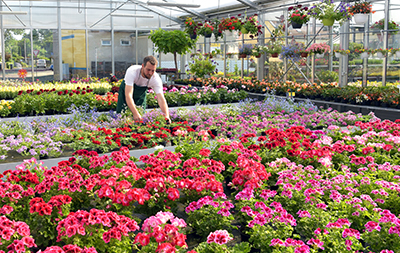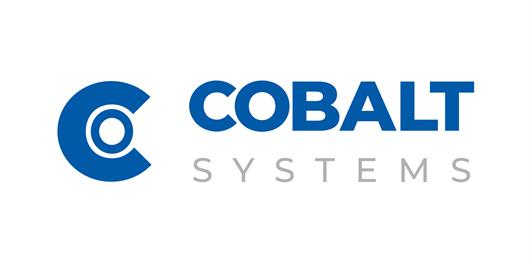 Add My Company
Add My Company
Plant Passport FAQs

Some of the most frequently asked questions about plant passports are answered below.
For a more in-depth look at plant labelling, Plant Passports, how they work and what they do, read our Plant Passport Guide.
What is a Plant Passport?
A Plant Passport is a document that accompanies plants or plant products, which provides information about the health status of the plant, as well as its identity, origin, and destination. It is a requirement under EU and UK legislation and is intended to help prevent the spread of pests and diseases.
It is required for all plants that are being moved within Great Britain and the European Union.
What is the purpose of a Plant Passport?
The purpose of Plant Passports is to protect plant health and to facilitate the movement of plants within Great Britain and the European Union.
Do I need a Plant Passport for all plants and plant products?
A: No, a Plant Passport is only required for plants and plant products that are covered by UK legislation. These include certain plants for planting, seedlings, and certain fruits and vegetables.
What are the requirements for obtaining a Plant Passport?
A: To obtain a Plant Passport, the plant or plant product must be inspected by an authorised person or organisation and must meet certain health standards. The authorised person or organisation will then issue the Plant Passport.
What information do I need to provide to get a Plant Passport?
You will need to provide the following information to get a Plant Passport:
-
- The identity of the plant
-
- The origin of the plant
-
- The destination of the plant
-
- The date of movement
Who is responsible for obtaining a Plant Passport?
The person or organisation responsible for placing the plant or plant product on the market or distributing the plant or plant product over a certain distance is responsible for obtaining the Plant Passport.
What are the consequences of not having a Plant Passport?
Failure to have a Plant Passport when one is required can result in legal action, including fines and even imprisonment in some cases.
There are several other risks associated with not getting a Plant Passport:
-
- You may be fined
-
- You may have your plants seized
-
- You may be banned from moving plants within Great Britain and the European Union
What are some of the legislative and regulatory compliance concerns that a packaging line manager might have?
A packaging line manager may be concerned about ensuring that all plants and plant products that require a Plant Passport have one, and that they are properly labelled and tracked throughout the supply chain. They may also be concerned about ensuring that the packaging materials used are compliant with relevant regulations and that they are properly labelled and stored. Additionally, they may be concerned about ensuring that all staff involved in the handling and packaging of plants and plant products are properly trained on compliance requirements.
How are Plant Passports stored efficiently?
A: Due to legislation surrounding Plant Passports, you need to store them and make sure that they’re accessible for 3 years after issuing them. For physical documents, Plant Passports should be stored in a secure location that is protected from theft, fire, and other hazards. A locked cabinet or safe is a good option. However, you can also digitise your records, with documents stored automatically on a dedicated server as they are issued.
What are the different types of Plant Passports?
Plant Passport labels are typically affixed to the plant itself, or to the packaging in which the plant is being transported. They are an important tool for protecting plant health, and they are required by law in many countries. They can be placed into the pot of a potted plant or on the side of any receptacle the plant might be in.
What should I do if I have any other plant labelling questions?
If you have any questions about Plant Passports, you should contact your local plant health office.
If you want to know more about labelling your plants correctly, get in touch with the team at Cobalt. We’re here to help provide you with the automatic labelling solutions for Plant Passports.
Find out more about automating your plant labelling processes here, or contact our team here.
For more information on Plant Passport FAQs talk to Cobalt Systems Limited

